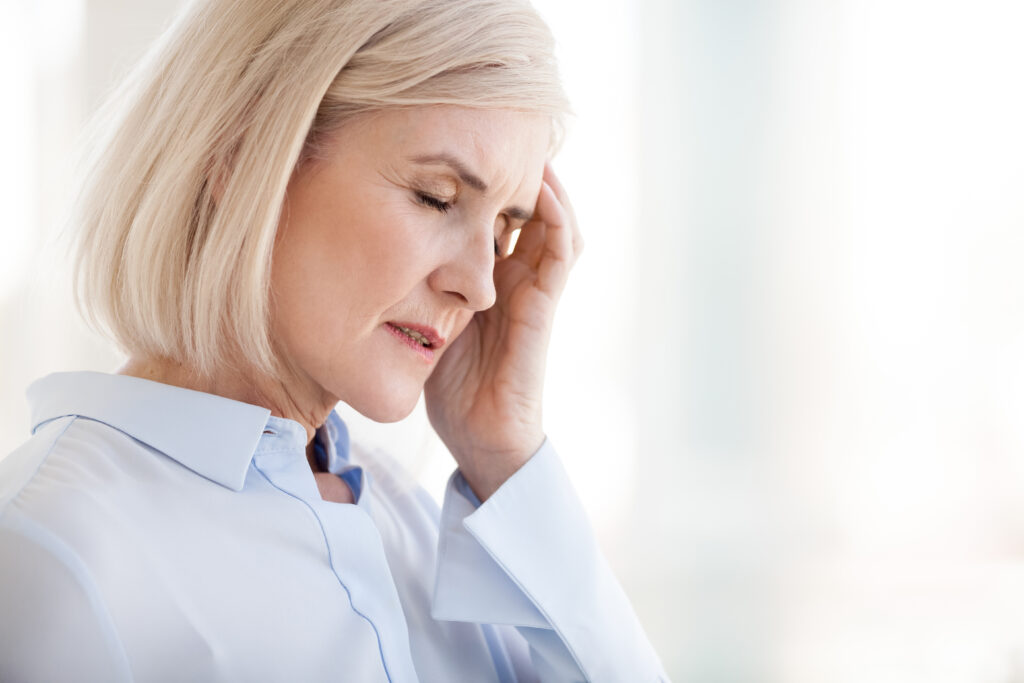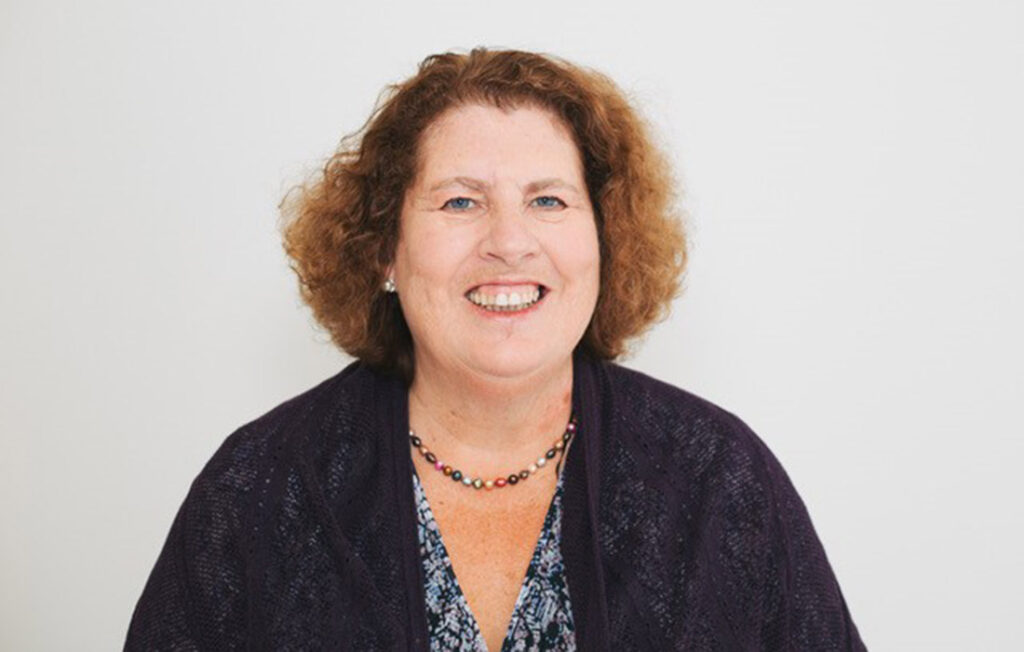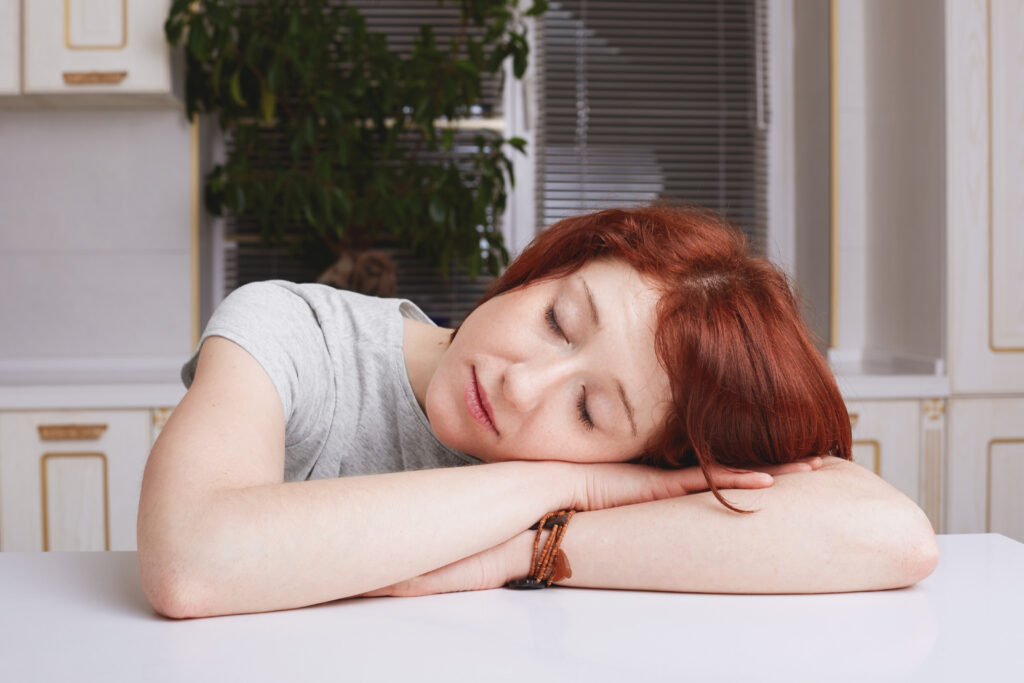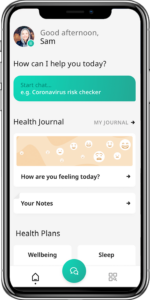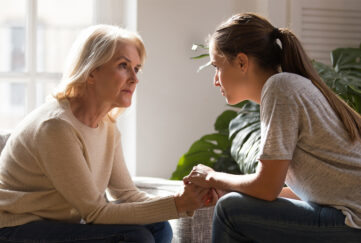Are More Women Than Men Suffering From Long Covid?
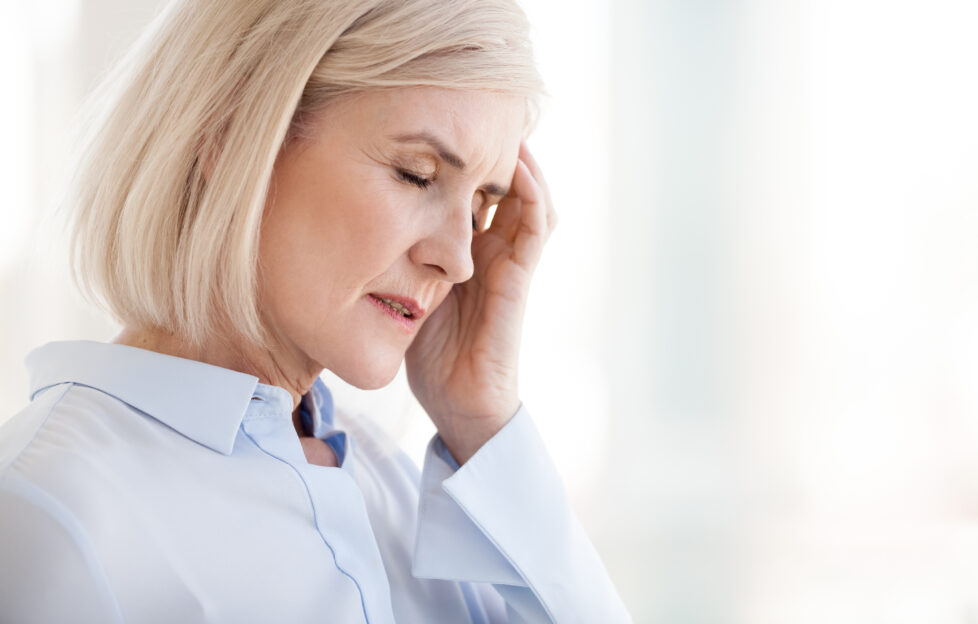
As the devastating toll Long COVID takes on UK women’s physical and mental health continues, a new survey by Healthily, a new digital health self-care platform that also includes a Smart Symptom Checker, reveals how it has affected the population.
An estimated 1.5 million people in the UK are living with Long COVID for more than 4 weeks after their initial suspected COVID-19 infection according to the latest figures from the Office of National Statistics.
The survey of 1,000 women with Long COVID found that three quarters (76%) were suffering from fatigue, 66% from low mood, and 50% from mental health problems as they battled the long-term consequences of COVID-19.
Some other key findings from the Healthily survey included:
- Brain fog, low sex drive, sleep problems, and irregular periods made up some of the other common health symptoms women reported
- 49% of women said they had a low sex drive, plus it had impacted on their relationship say 34% with their partner
- 50% are still dealing with brain fog
- 60% said they had disrupted sleep and 76% listed fatigue as a symptom
- Worryingly, 50% said they felt their problems were not taken seriously and 48% said this extended to medical professionals. A further 65% said they were not offered any tests for Long COVID
- Around half (51%) said they felt they had been misdiagnosed with anxiety and depression
- Two-thirds of women felt they have had a harder time than men with COVID-19 and Long COVID as they have had to juggle family needs, work, and other commitments
“The Long COVID survey from Healthily shines a spotlight on the type of Long COVID symptoms women are reporting,” says Professor Maureen Baker, Healthily Chief Medical Officer and former chair of the Royal College of General Practitioners (RCGP).
“These include everything from fatigue, low mood and brain fog to broken sleep, low sex drive and irregular periods,” she adds.
“There’s growing evidence that women have a higher risk of developing Long COVID than men. And our survey confirms what other research has found, that women are likely to report feeling tired. Importantly, our survey also found that women are not feeling heard by those who could help them. We urge women to prepare for their doctor’s appointments and go armed with useful information and evidence to help them get to the root of their symptoms and get the right treatment. The Healthily symptom tracker can be customised for this purpose.”
Women are struggling more than men
There is mounting scientific evidence that women are more affected by Long COVID than men. One UK study found women under the age of 50 hospitalised with Long COVID were five times less likely to say they had fully recovered at least three months after being discharged than men of the same age.
These women were twice as likely to report worse fatigue and seven times more likely to become breathless, as well as more likely to have a disability.
This may apply to those with mild symptoms of COVID-19, too. One study found that among people who had symptoms of Long COVID four months after infection, 68.3% were women – more than double the number of men (31.7%). However, the reason for this difference is uncertain. Professor Baker concludes: “One-third of women in our survey (32%) said they were offered self-care at home to try and rest which we know isn’t always possible. Ongoing symptoms may be part of the body’s response to the virus, but it could also be caused by something else. Your doctor will want to know about your general medical history and your Long COVID symptoms, including how they’re affecting your day-to-day life and whether they change or come and go over time.
“Tracking symptoms in the weeks after being infected with COVID-19, using the Healthily app journal will be very helpful when you see your GP. Healthily has also published a hub of helpful medically-verified articles on different aspects of Long COVID to help women get informed and access the treatments they need to recover.”
Healthily is a new digital health self-care platform that provides medically safe information that helps anyone, anywhere decide on the best next steps and how to manage wellbeing safely at home. For more information visit www.livehealthily.com.
To find out more about Long Covid vist https://www.longcovid.org


